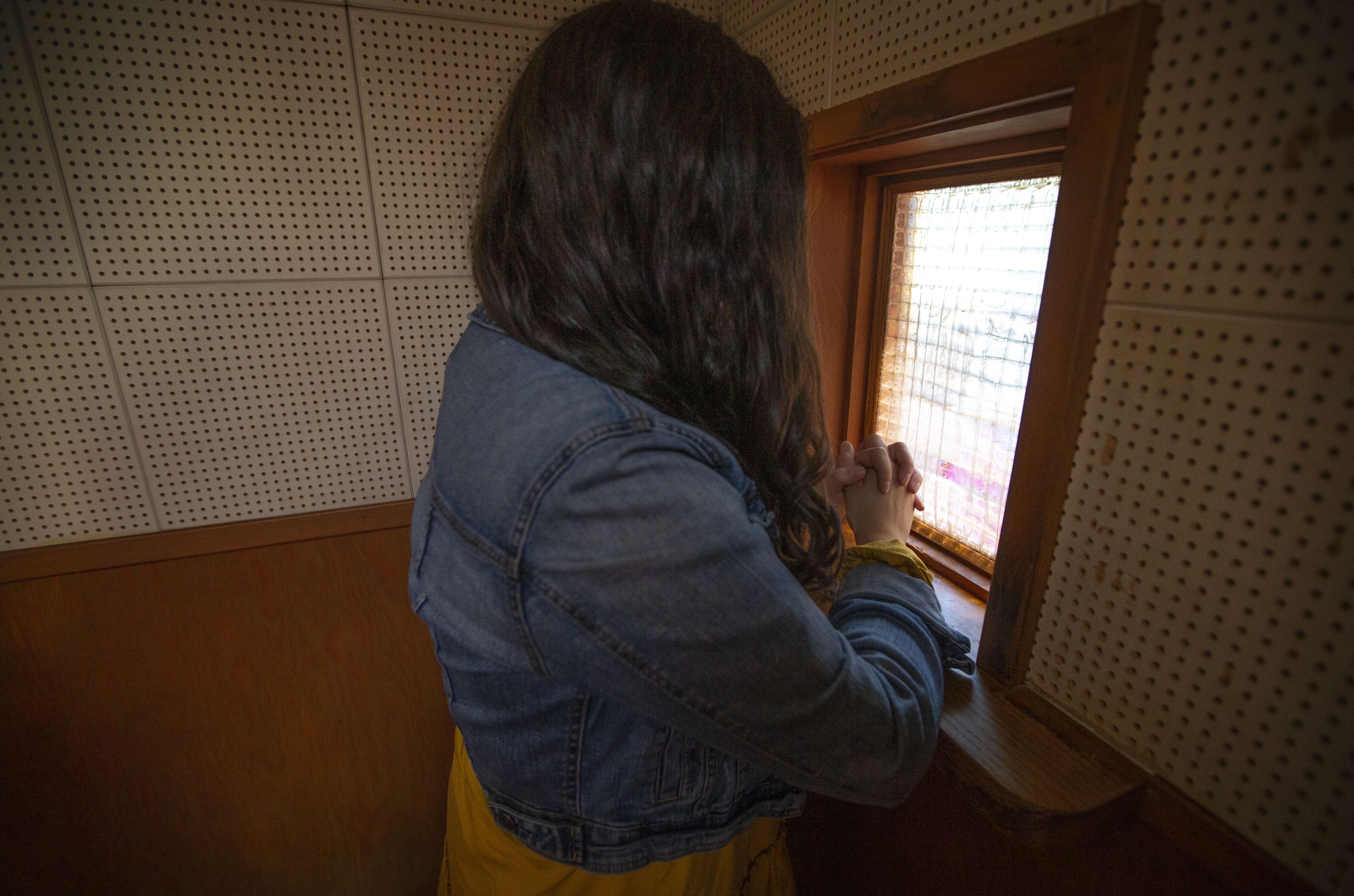
— Barbara Allison, Charlottesville, Virginia
Answer: The sins by which we will be judged after death will be unrepented sins. Hence when a sin is confessed and forgiveness received, it is no longer reckoned to us by God. Scripture says, “For I will forgive their evildoing and remember their sins no more” (Heb 8:12). Of course, it does not pertain to God, who is omniscient and therefore cannot literally “forget” anything. So this is a manner of speaking wherein God no longer considers a sin that is forgiven.
As for our judgment, we ought to avoid thinking of it merely as a weighing and measuring of good versus bad deeds. The real questions before Christ, our judge, are, “Do you want what I am offering?” And, “Is my work in you complete?”
Those sent to hell go there because they have rejected God’s offer of the kingdom of heaven. Heaven is not a personal designer paradise; it is God’s kingdom with all its values and parameters. For example, heaven is about love, chastity, mercy, forgiveness, love of one’s enemies, generosity and so forth. But there are many who show by the way they live that they do not desire some or all of these things. They do not want to love their enemy, be generous, chaste or forgive. God will not force anyone to live in a kingdom where these sorts of things are esteemed. The Lord, therefore, judges their rejection of his kingdom and both permits and assigns another place for them to live. We call this place hell because to reject the very one for whom our hearts are made and the things and people he loves is to choose misery.
As for those who do accept his offer, the day of our judgment would consist of this question: “Is my work in you complete?” Most of us, even though we die in a state of grace and friendship with God, are far from perfect or complete. And yet Jesus says, “So be perfect, just as your heavenly Father is perfect” (Mt 5:48). And St. Paul says, “I am confident of this, that the one who began a good work in you will continue to complete it until the day of Christ Jesus” (Phil 1:6). So the judgment in question for one who dies in friendship with God is whether his work in us is complete. If not, imperfections are purged and sorrows and tears wiped away in that place we call purgatory, which has less of a punitive effect and more of a perfecting effect.
The first and the last
Question: What does Jesus mean when he says, “But many who are first will be last, and the last will be first” (Mt 19:30).
— Name, location withheld
Answer: The Lord uses this phrase in different senses. In one sense he uses it to chide the religious leaders of his time, saying that tax collectors and prostitutes were entering the kingdom before them, since they had repented (cf. Mk 10).
But in this case, which you cite, the Lord is using it to remind us that not all things are as they appear. We cannot size things up only based on what this world shows. People are very poor, disadvantaged or sick, and we may look on them with pity and wonder why God permits such inequities. But this world is only a small sliver of time compared to eternity. And for those who are faithful, even though they suffered much here, they will be more than rewarded in heaven. God will exult (that is, lift up) the poor and the suffering.
St. Paul writes: “Therefore, we are not discouraged; rather, although our outer self is wasting away, our inner self is being renewed day by day. For this momentary light affliction is producing for us an eternal weight of glory beyond all comparison, as we look not to what is seen but to what is unseen; for what is seen is transitory, but what is unseen is eternal” (2 Cor 4:16-18). So suffering produces glory and those who have suffered more will be all the more glorified. Rather than pitying the poor and the suffering, we ought to esteem them and call them to remain faithful. If they do, we will certainly look up to them in heaven as among the first, not the last.
Msgr. Charles Pope is the pastor of Holy Comforter-St. Cyprian in Washington, D.C., and writes for the Archdiocese of Washington, D.C. at blog.adw.org. Send questions to msgrpope@osv.com.





